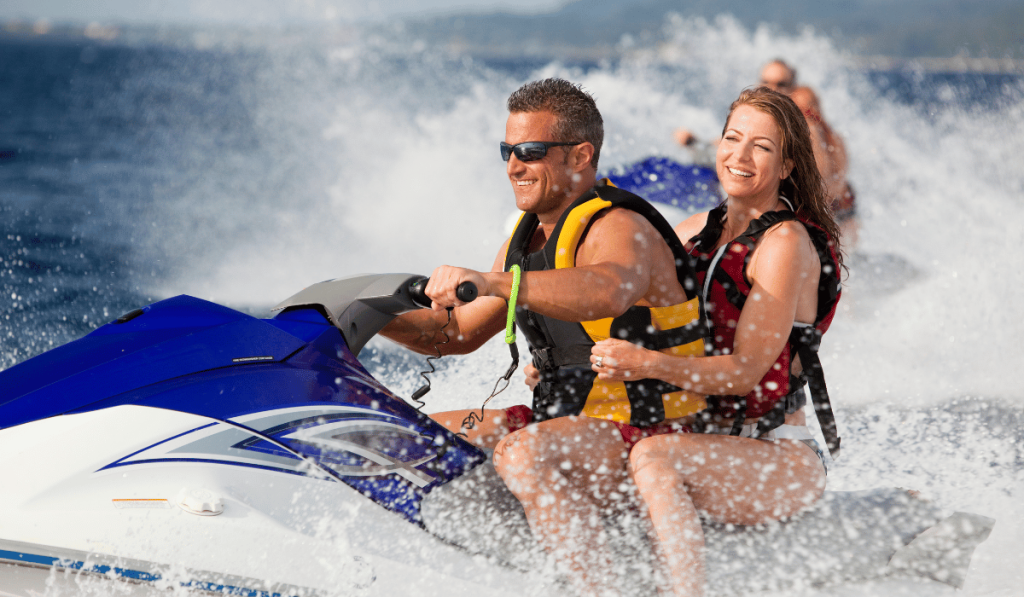Jet skiing is an exhilarating water sport, but it comes with its share of risks. Ensuring your safety and the safety of others on the water is paramount. Here are essential jet ski safety tips to help you enjoy a safe and fun ride.


Jet skis account for a significant portion of boating accidents. Although they make up just 9% of all registered marine vessels in the U.S., they are involved in 26% of all boating accidents (Insurance & Personal Finance Articles). Common causes of these accidents include operator inexperience, excessive speed, and alcohol consumption.
Jet skiing can be a thrilling experience, but safety should always come first. By following these essential safety tips, you can enjoy your time on the water while minimizing risks. Stay alert, be prepared, and ride responsibly.
If you’re interested in jet skis and their accessories, visit our website: Best Power Sports. For a list of jet skis, check out Jet Skis for Sale. We also have a wide range of accessories: Jet Ski Accessories.
Get ready for a safe and exciting jet skiing adventure with Best Power Sports!